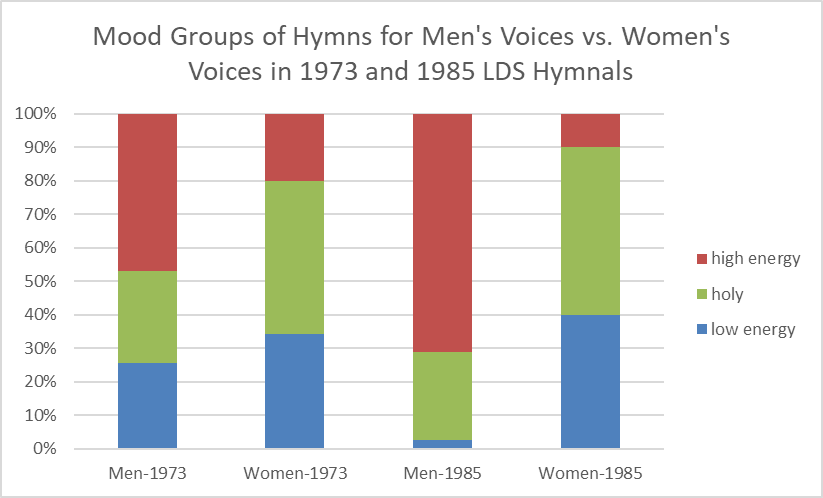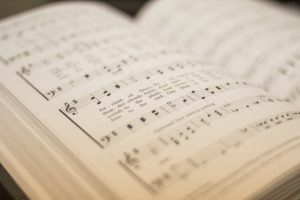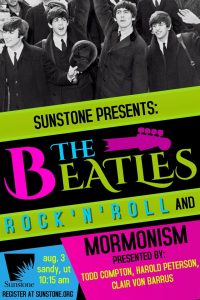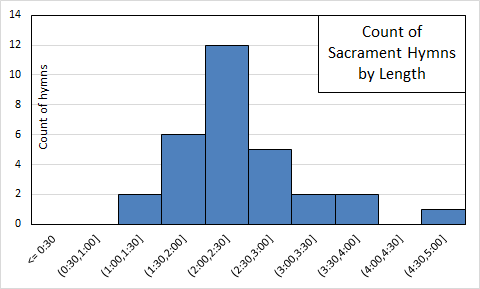This is what then-apostle Spencer W. Kimball had to say in a report of a 1955 mission tour (my source for the quote is Ardis Parshall):
Music: It is generally sung too fast.
If you’re like most Mormons I know, your complaints typically run in the opposite direction: Music is played and sung too slowly in church. This has certainly been my experience. I recall in the ward my wife and I lived in when we were first married a couple of decades ago, the hymns were so slow in sacrament meeting that I took to timing them and comparing to the suggested tempo in the hymnal and whispering complaints to my wife about how big the differences were. And that was before smartphones, so I had to do the math in my head! Along the same lines, you might notice that in my Conference review posts, I typically note particularly fast musical numbers for praise.
I was thinking about this issue while I’ve gathered some data from the hymnal in preparation for the release of the Church’s new hymnal. Like in my last post, I’m looking at the 1985 hymnal and the previous hymnal (the copy I have is from 1973, but it was largely unchanged from 1948). It occurred to me that, because many hymns appear virtually unchanged in both hymnals, I could line them up next to each other and see if the compilers of the 1985 hymnal generally suggested faster or slower tempos than the compilers of the previous hymnal did. This would be an indicator of whether they thought music was being played and sung too fast or too slowly.
For example, “The Spirit of God” appears in the 1973 hymnal with a tempo of 100 beats per minute (bpm), and in the 1985 hymnal with a tempo of 96-112 bpm. It is in 4/4 time in both hymnals, and the tune is the same. As you probably know, the 1985 hymnal always suggests a tempo range. The 1973 hymnal just suggests a single tempo, although I’m guessing it was with the expectation that there would be variation around it in practice.
I was able to find 250 matched pairs of hymns to compare across the two hymnals. I matched them on both title (taking into account that sometimes the titles changed for the same hymn) and composer, to be sure that I wasn’t comparing hymns set to different tunes. I used the 1985 hymnal as the starting point, and looked for a matching hymn for each in the 1973 hymnal. A few hymns appear more than once in the 1985 hymnal and therefore also more than once in the set of 250. For example, “Come, Come Ye Saints” is #30 in the 1985 hymnal, and also #326, for men’s voices.
This graph summarizes where the 1973 tempos fall in comparison to the 1985 tempos for the 250 matched pairs of hymns.
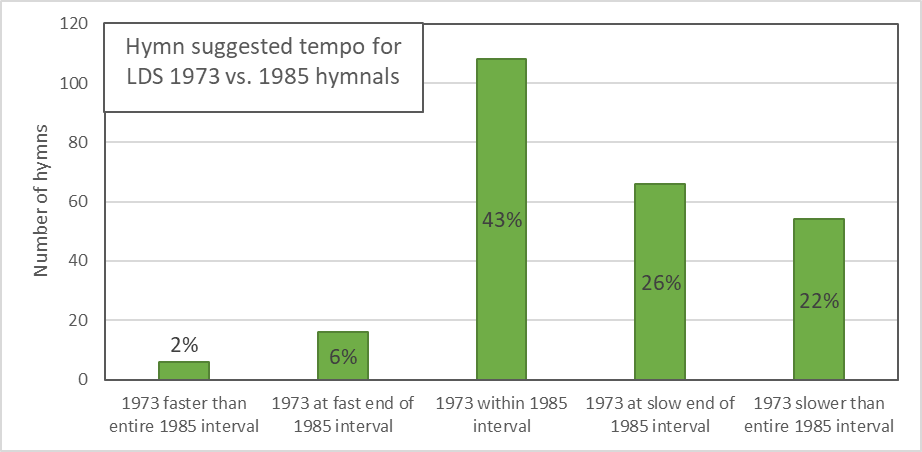
The most frequent result is that the 1973 tempo falls within the 1985 interval (the middle bar). But when it doesn’t, it’s much more common that the 1973 tempo is slower than the 1985 interval than that it’s faster. When the 1973 tempo is at the end of the interval, it’s over four times as likely (26% vs. 6%) to be at the slow end as at the fast end. When it’s entirely outside the interval, it’s over ten times as likely (22% vs. 2%) to be outside at the slow end as outside at the fast end. Another way of summarizing the same data, although it’s not shown in the graph, is that the average fraction of the 1985 tempo range that is faster than the 1973 tempo is 72%. Overall, it seems clear that the compilers of the 1985 hymnal were generally trying to speed the hymns up.
Read More





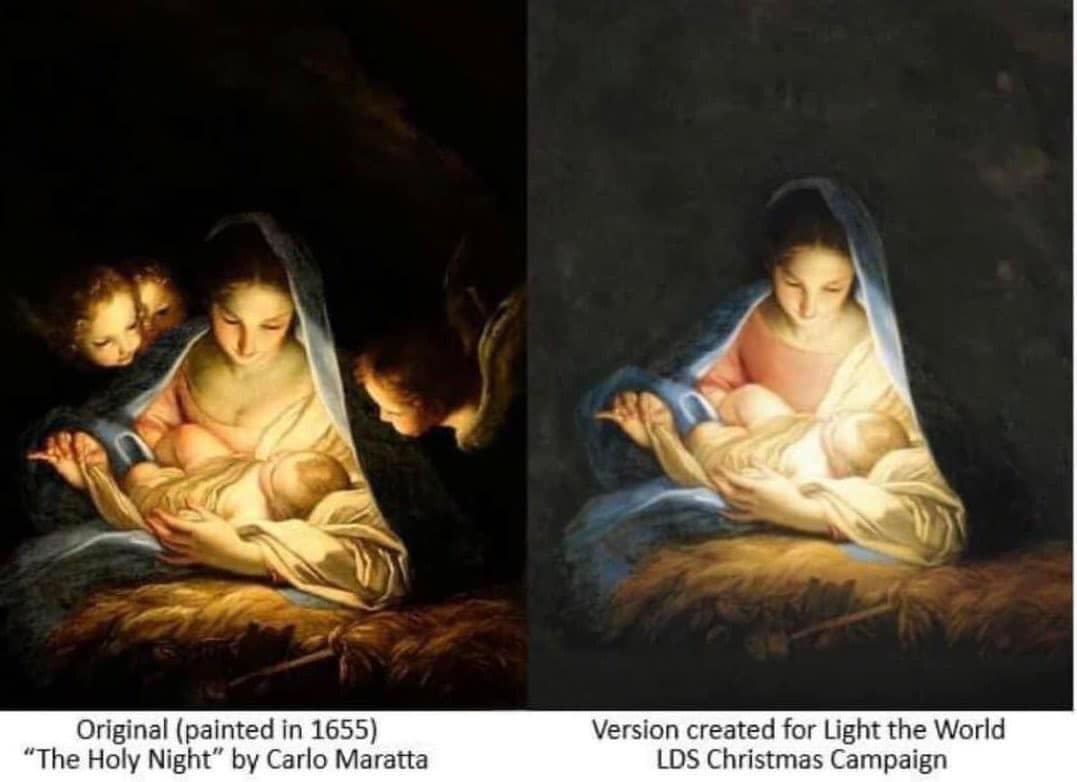
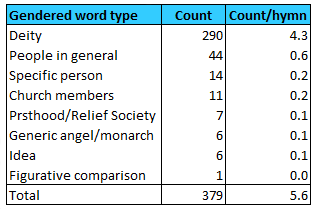 It’s just the 55 words from the second and fourth rows, then, that I attempted to gender-neutralize. All but two of the 55 are male gender-specific words. To be complete, I tried to gender-neutralize them all, male or female. One other note, in case anyone is ever interested enough to try to retrace my steps: if a word occurs multiple times in a hymn because a line is repeated (like in a chorus), I count each repeat as a separate instance.
It’s just the 55 words from the second and fourth rows, then, that I attempted to gender-neutralize. All but two of the 55 are male gender-specific words. To be complete, I tried to gender-neutralize them all, male or female. One other note, in case anyone is ever interested enough to try to retrace my steps: if a word occurs multiple times in a hymn because a line is repeated (like in a chorus), I count each repeat as a separate instance.

